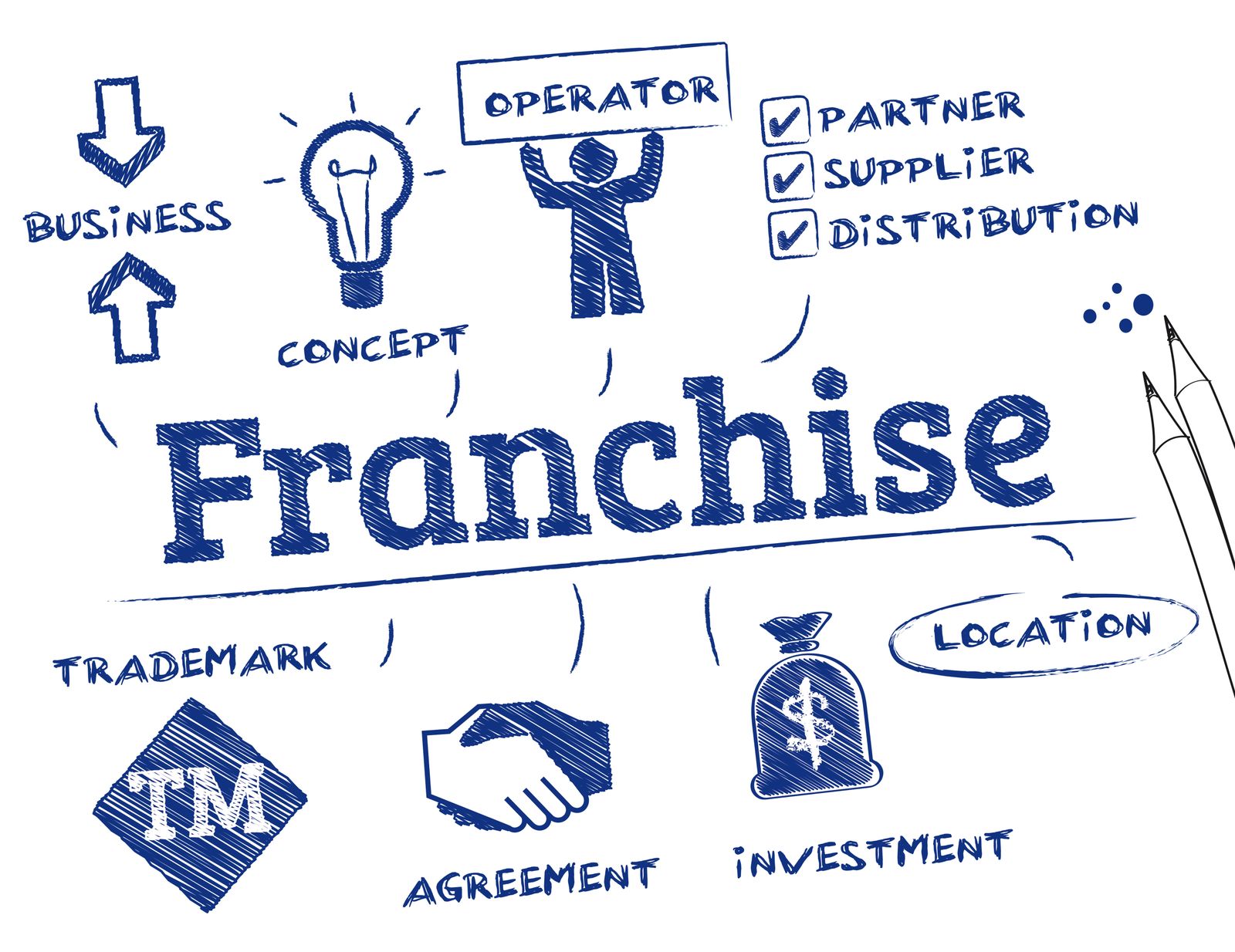What Are Some Franchise Terms We Should Know?

Franchise Terminology
The following cheat sheet outlines some of the most common and most important terms related to franchising
It is essential to understand the basics of franchising to gain a better understanding of the process, make informed decisions during the franchise development process, and empower yourself to succeed.
Whether you're a potential franchise owner, an emerging franchise brand, or an industry vet, understanding franchise industry terminology is important for several reasons, including:
1- Legal compliance: Franchising is a highly regulated industry, and using the correct terminology can help ensure that the franchisor and franchisee are complying with relevant laws and regulations.
For example, the franchise agreement must include specific terms and conditions, such as the payment of fees, the territory that the franchisee can operate in, and the length of the agreement. Using accurate franchise terminology can help ensure that these requirements are met.
2- Communication: Franchise terminology provides a common language that franchisors and franchisees can use to communicate with each other.
For example, if a franchisor uses the term “royalty fee” to refer to a payment that franchisees must make for the use of the franchisor’s trademark and system, then all parties involved will understand what is meant by that term. This can help prevent misunderstandings and confusion, especially with those new to the franchise industry.
3- Consistency: Using consistent franchise terminology across all franchise locations can help maintain a consistent brand identity and customer experience.
For example, if all franchise locations use the same terms to describe their products or services, customers will know what to expect no matter which location they visit.
4- Clarity: Franchise terminology can help clarify the roles and responsibilities of the franchisor and franchisee.
For example, the term “operations manual” can be used to describe the document that outlines the franchisor’s system and procedures, while the term “franchisee” can be used to describe the individual or entity that has purchased the right to use the franchisor’s system.
To help you understand some of the most commonly used terms in franchising, we've compiled a handy list for you below:
Zor(s) = Franchisor(s): A Zor is the business that has chosen to expand via franchising; it means the franchisor; that is, the company that has created this unique opportunity and supports its franchise owners to help them succeed.
Zee(s) = Franchisee (s) : Zees are the people who choose to invest in a franchise to become business owners. They enter a business relationship with a franchising company (franchisor) that entitles them to use the intellectual property of the franchisor for the term of the agreement in exchange for their investment.
Franchise:A Franchise is a license that gives the person buying the ability to use trademarks, fees, and support from an established franchised business.
Franchise Agreement: Document that includes the rights, responsibilities, and obligations of the franchisor and franchisee.
Discovery Day: In franchising, this is an event that is typically held by franchisors to provide potential franchisees with an opportunity to learn more about the franchising opportunity, the franchisor’s business model, and to get a better understanding of the franchisor-franchisee relationship.
Franchise Consultant or Broker: A franchise consultant is a professional who provides guidance and support to individuals or businesses interested in purchasing and operating a franchise. Franchise consultants typically have a deep understanding of the franchise industry and can help potential franchisees assess their options, evaluate franchise opportunities, and navigate the franchising process.
Franchise Management System: A franchise management system is a software platform designed to help franchisors manage and control their franchise operations. The system typically includes a range of tools and features to help franchisors manage key aspects of their franchise business, such as sales and marketing, inventory and supply chain management, customer relationship management, financial management, and reporting.
Franchise CRM:A franchise CRM (Customer Relationship Management) is a software system used by franchisors to manage their relationships with their franchisees and customers. It is a tool designed to help franchisors streamline their operations and maintain consistent communication with their franchisees.
Franchise Disclosure Document:The Franchise Disclosure Document or FDD is an overview of the franchise system that a franchisor is required to provide to all interested candidates. It is mandated by the Federal Trade Commission and contains details pertaining to the franchisor's finance, history, contract obligations, investment costs, etc. These are often 200+ pages, include a parallel set of Items (sections), and disclose franchise system performance.
FranDev :Franchise Development/Sales
Royalty:The regular payment made by the franchisee to the franchisor, usually based on a percentage of the franchisee's gross sales that typically range from 4-9%.
Franchise Management System:Franchise management systems are software platforms that often consist of several franchise management tools, such as:
- Franchise location grand opening planning
- Franchisee contact information and contact history
- Learning management systems for franchise owners
- Franchise owner Intranet
- Franchise Territory mapping/territory check tools
- Franchise Sales CRM
- Franchise royalty reporting tools
- Some franchisee reporting tools

![Wanna Look Like a Rockstar? [The Maids Success Story]](https://clienttether.com/wp-content/uploads/2024/01/62ffafc08e710758118b8171_adobestock_32265159-1080x675-1-400x250.jpg)




